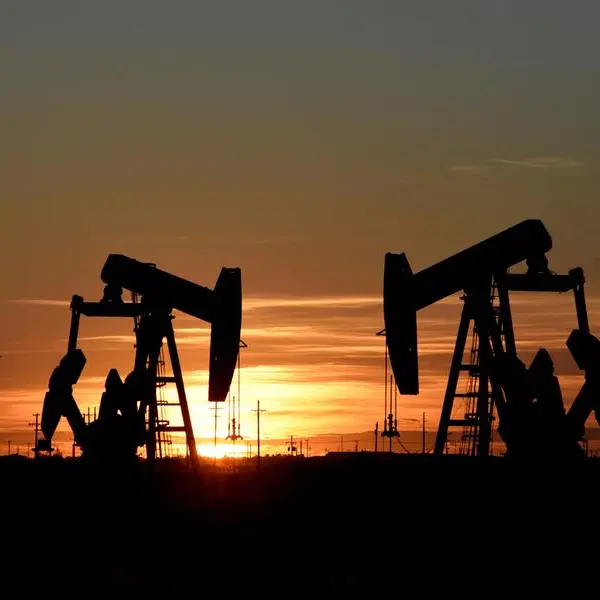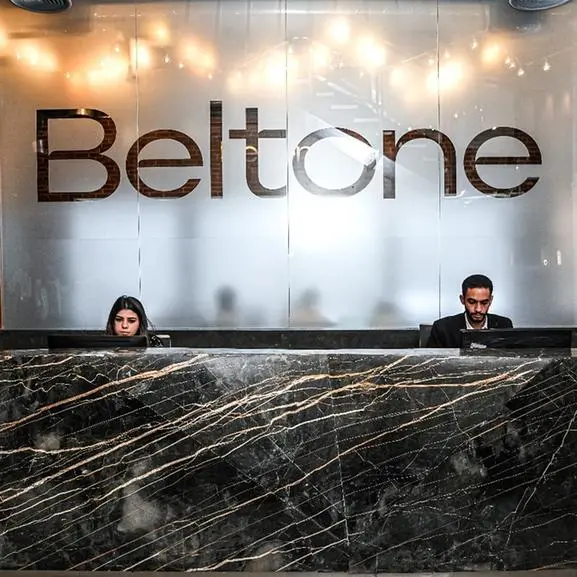30 August 2015
MUSCAT: Oil companies operating in the Sultanate will continue to turn a profit even if oil prices plummet below the present average of $46 per barrel for Omani crude, according to a high ranking official of the Ministry of Oil and Gas. Salim bin Nasser al Aufi, Under-Secretary, said that production costs averaging $12 per barrel will ensure that oil producers enjoy attractive bottom-lines even if prices tank below current levels. "Making a profit is not an issue for oil companies in Oman," said Al Aufi. "The gap (between production costs and international oil prices) is still big enough. As an industry, we are still profitable. Our average cost is $12 per barrel or thereabouts -- sometimes less -- I've seen figures ranging from $7 to $12-$13. So in totality, we are still very good," he added in remarks to journalists on the sidelines of the launch of the 2015 edition of The Oil & Gas Year (TOGY) annual book on Thursday.
But while companies are assured a profit despite the slump, low prices effectively deprive them of the means to fund future projects necessary to sustain production over the long-term, the Under-Secretary explained. "(The $12 per barrel production) cost is only the cost of running the business. It does not include the cost of financing future projects that don't necessarily produce anything today. Take for example (BP's) Khazzan project, which is an investment that is not generating any return as yet. Likewise, some of the projects that Petroleum Development Oman (PDO) is executing are an investment, but the returns will come later."
A protracted downturn, he warned, has the potential to force companies to cut back on costs, which would eventually impact production. In the upshot, the goal to sustain output at the current 1 million barrels per day -- a record high first achieved in July this year -- will be a major challenge, he noted. "There is only so much you can do before cutting down on production," the under-secretary said. "You can't touch the oil rigs because they're there for immediate production. You're left with future projects, which you may suspend for a while, but you need them eventually. You may slow down a little bit on your exploration programme, but you will need the exploration finds in order to generate wealth in the future. You may slow down a little bit on seismic, because the return is not immediate, but again you need it later on when you're ready to pick up where you left off. So we're cautious on the balance between immediate gains and long-term pain."
The industry's recent success in topping the 1 million barrels per day (bpd) production level, said Al Aufi, was the culmination of a number of factors. Firstly, oil companies -- notably PDO, Oxy, Daleel and CC Energy -- achieved "good production levels during the summer". CC Energy in particular crossed the 30,000 bpd mark, while condensate output from PDO was strong during July. Adding to this mix was the low level of deferment in production, which helped boost production to over 1 million bpd for the first time in the nation's history, he said.
But the goal to maintain output at this level would be daunting, going forward, the under-secretary warned.
"If we're going to be hit with very low prices, and have to start cutting activities, then we will definitely kiss the 1 million bpd target bye-bye quickly," Al Aufi remarked in conclusion.
MUSCAT: Oil companies operating in the Sultanate will continue to turn a profit even if oil prices plummet below the present average of $46 per barrel for Omani crude, according to a high ranking official of the Ministry of Oil and Gas. Salim bin Nasser al Aufi, Under-Secretary, said that production costs averaging $12 per barrel will ensure that oil producers enjoy attractive bottom-lines even if prices tank below current levels. "Making a profit is not an issue for oil companies in Oman," said Al Aufi. "The gap (between production costs and international oil prices) is still big enough. As an industry, we are still profitable. Our average cost is $12 per barrel or thereabouts -- sometimes less -- I've seen figures ranging from $7 to $12-$13. So in totality, we are still very good," he added in remarks to journalists on the sidelines of the launch of the 2015 edition of The Oil & Gas Year (TOGY) annual book on Thursday.
But while companies are assured a profit despite the slump, low prices effectively deprive them of the means to fund future projects necessary to sustain production over the long-term, the Under-Secretary explained. "(The $12 per barrel production) cost is only the cost of running the business. It does not include the cost of financing future projects that don't necessarily produce anything today. Take for example (BP's) Khazzan project, which is an investment that is not generating any return as yet. Likewise, some of the projects that Petroleum Development Oman (PDO) is executing are an investment, but the returns will come later."
A protracted downturn, he warned, has the potential to force companies to cut back on costs, which would eventually impact production. In the upshot, the goal to sustain output at the current 1 million barrels per day -- a record high first achieved in July this year -- will be a major challenge, he noted. "There is only so much you can do before cutting down on production," the under-secretary said. "You can't touch the oil rigs because they're there for immediate production. You're left with future projects, which you may suspend for a while, but you need them eventually. You may slow down a little bit on your exploration programme, but you will need the exploration finds in order to generate wealth in the future. You may slow down a little bit on seismic, because the return is not immediate, but again you need it later on when you're ready to pick up where you left off. So we're cautious on the balance between immediate gains and long-term pain."
The industry's recent success in topping the 1 million barrels per day (bpd) production level, said Al Aufi, was the culmination of a number of factors. Firstly, oil companies -- notably PDO, Oxy, Daleel and CC Energy -- achieved "good production levels during the summer". CC Energy in particular crossed the 30,000 bpd mark, while condensate output from PDO was strong during July. Adding to this mix was the low level of deferment in production, which helped boost production to over 1 million bpd for the first time in the nation's history, he said.
But the goal to maintain output at this level would be daunting, going forward, the under-secretary warned.
"If we're going to be hit with very low prices, and have to start cutting activities, then we will definitely kiss the 1 million bpd target bye-bye quickly," Al Aufi remarked in conclusion.
© Oman Daily Observer 2015



















